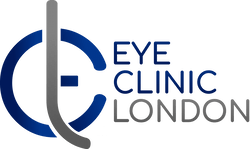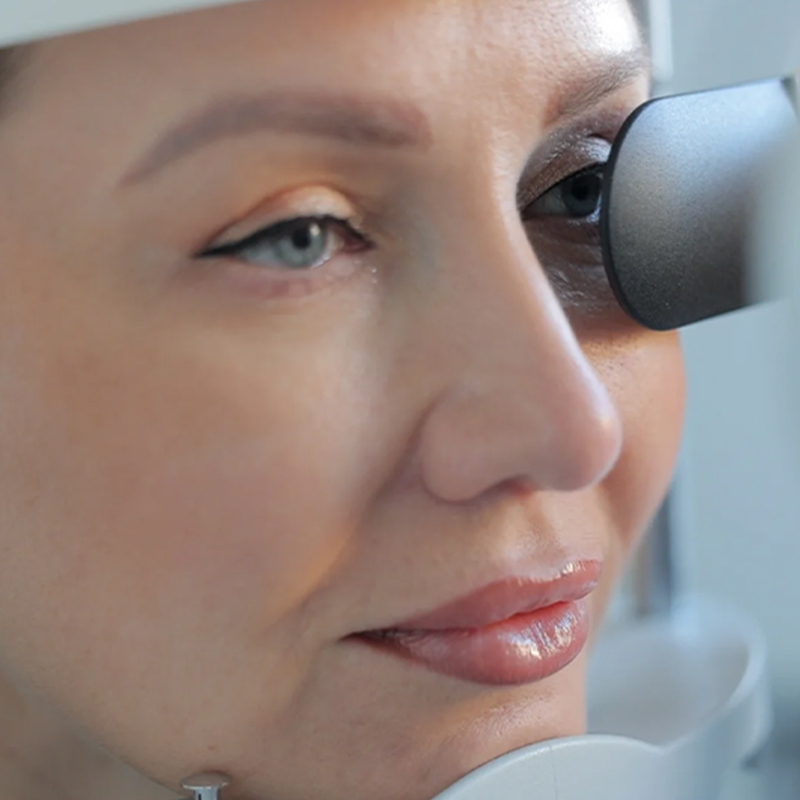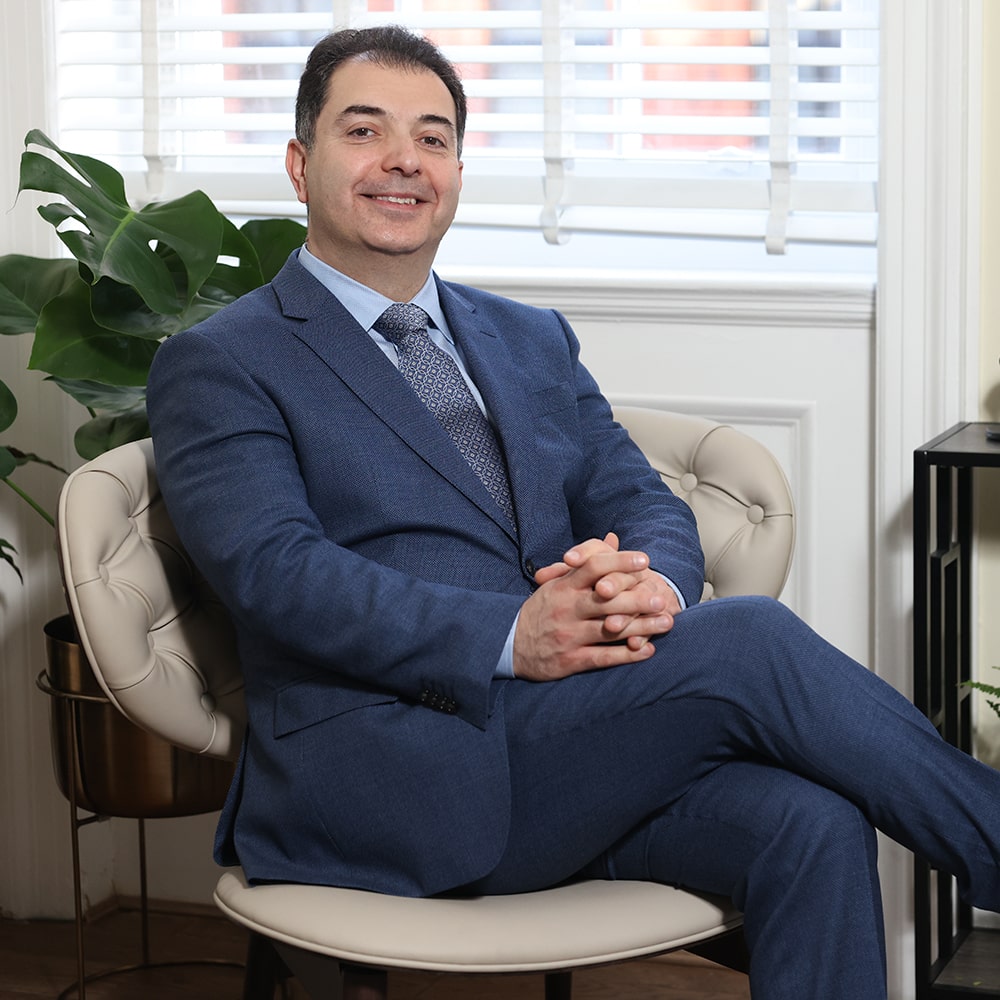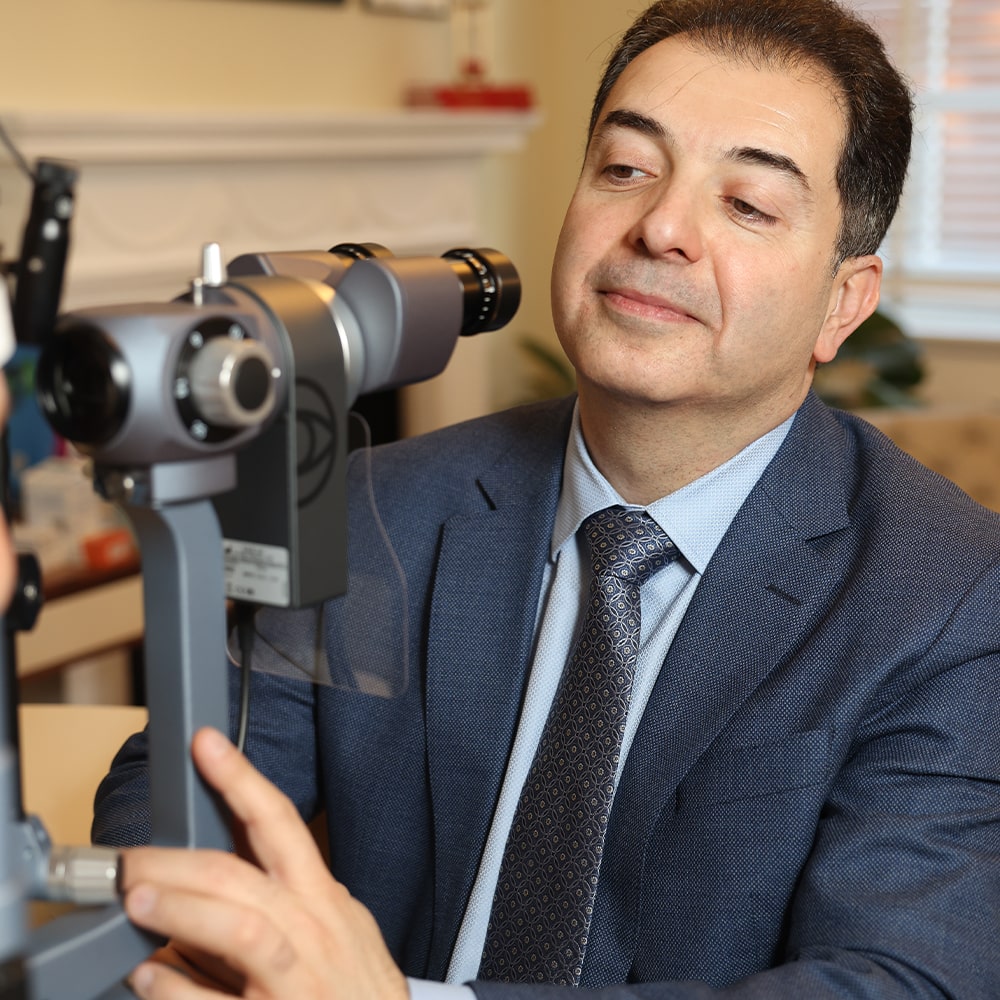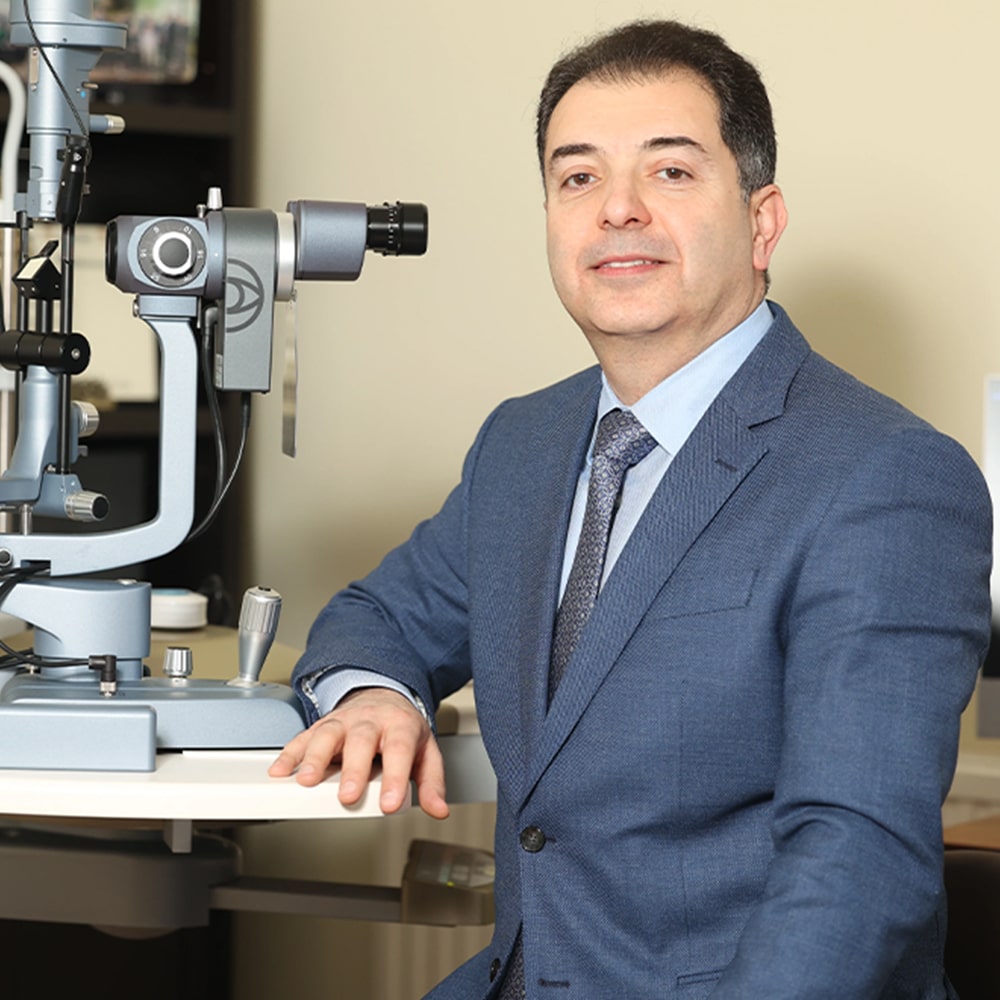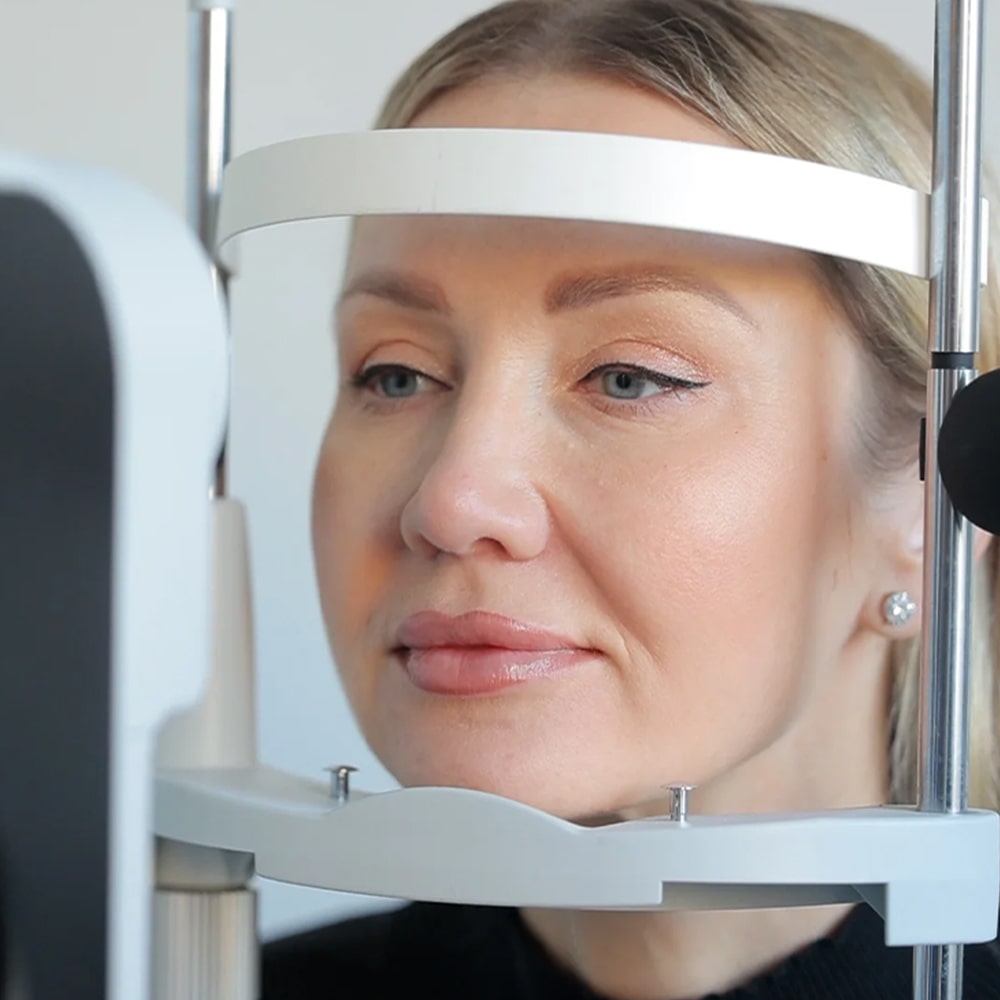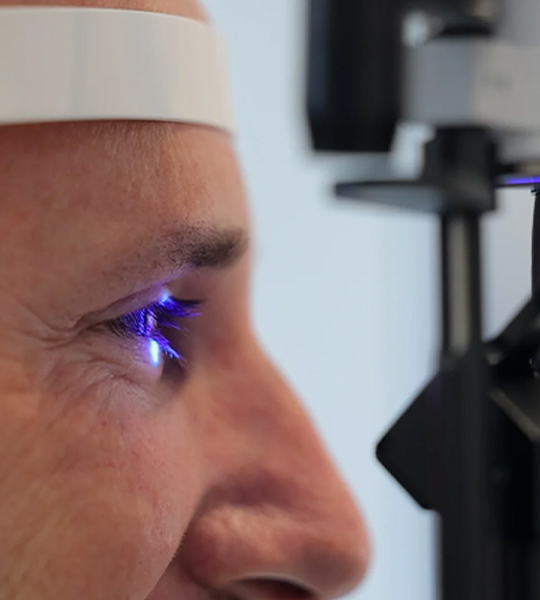The Leading LASEK Surgery Clinic in London
Blurry vision is usually caused by refractive errors such as short-sightedness (myopia), long-sightedness (hyperopia), or astigmatism. These occur when the shape of the eye prevents light from focusing sharply on the retina, resulting in distorted or unclear vision.
Glasses and contact lenses can correct these issues, but they’re not always practical — particularly for people with active lifestyles or those who experience discomfort with daily contact lens wear. Glasses can fog up or break, and lenses can cause irritation, dryness, or simply feel inconvenient day after day.
If you’re ready to move beyond the limitations of glasses and contacts, laser vision correction offers a long-term alternative. Among the available options, LASEK eye surgery is a safe and effective choice, especially for people who may not be suitable for LASIK. Selecting the right procedure is essential, and LASEK can provide excellent clarity, stability, and freedom for many patients.
